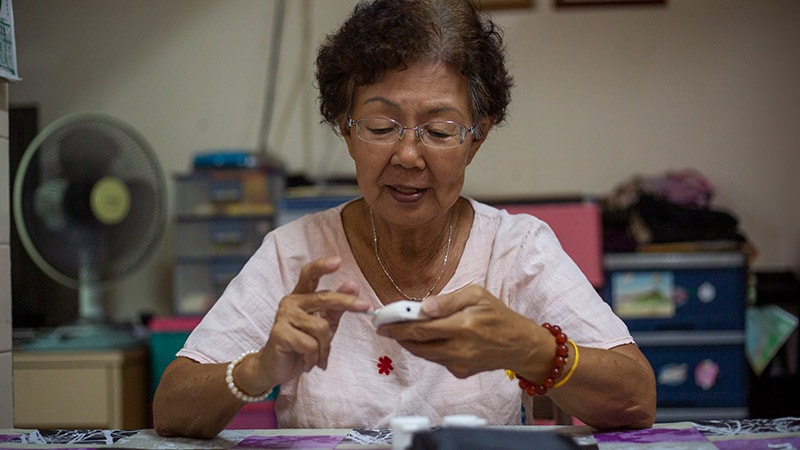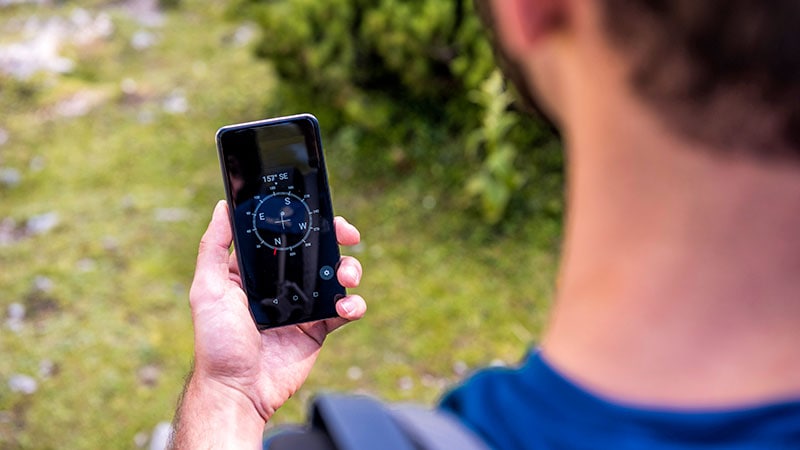Takeaway
- Use of a day-and-night hybrid closed-loop insulin delivery system in adults, adolescents and children with sub-optimally controlled type 1 diabetes was associated with improved glucose control and reduced hypoglycaemic risk.
Why this matters
- Findings from this study along with previous evidence support adoption of closed-loop technology in clinical practice across all age groups.
Study design
- 86 patients (aged, ≥6 years) with type 1 diabetes with suboptimal glycaemic control who were treated with insulin pump for at least 3 months were evaluated.
- Patients were randomly allocated to either hybrid closed-loop (n=46) or sensor-augmented pump (n=40; control group) therapy over 12 weeks of free living.
- Funding: Juvenile Diabetes Research Foundation.
Key results
- Proportion of time glucose was within the target range (3.9–10.0 mmol/L) was higher in the closed-loop vs control group (mean difference in change [MDc], 10.8 percentage points; P<.0001).
- The proportion of time when glucose was <3.9 mmol/L was significantly shorter in the closed-loop vs control group (MDc, −0.83 percentage points; P=.013).
- HbA1c concentrations were significantly lower after closed-loop vs control intervention (MDc, 0.36%; P<.0001).
- Adverse events included diabetic ketoacidosis because of infusion set failure (n=1; closed-loop group), hyperglycaemia (n=2 in each group), and 13 and 3 other adverse events in the closed-loop and control groups, respectively.
Limitations
- Open-label trial.
References
References



